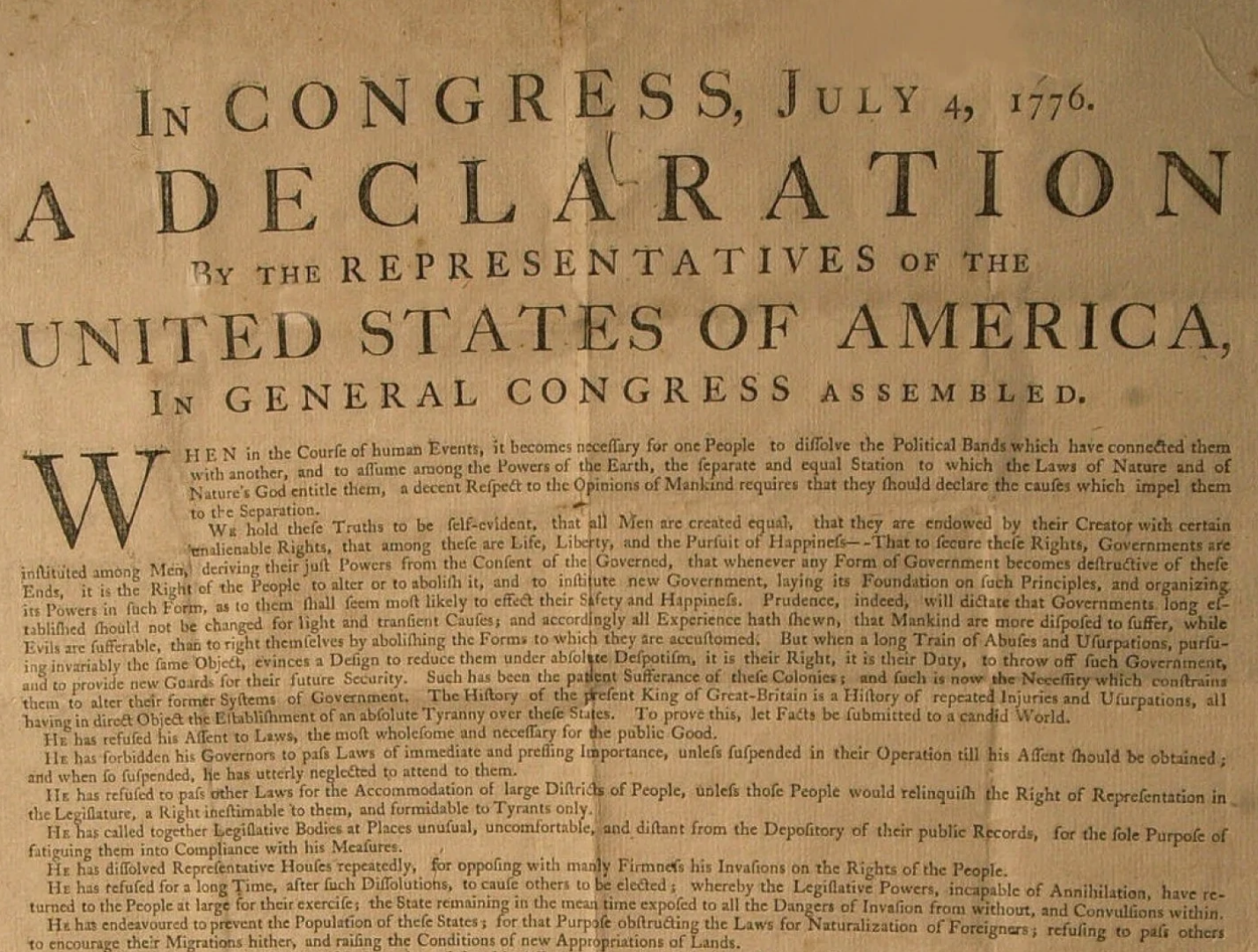-
iPad: Let Students Show What They Know!
When I was one of the teachers chosen to be a part of our school’s iPad pilot group I was over-the-top excited. I couldn’t wait to get this revolutionary device into my classroom to enhance my students’ learning and, of course, to have some of the most awesome lesson plans in the building. I dreamed…
-
The Declaration of Independence Creatively Translated

Click here to view to the lesson! Creativity holds an important place in the history classroom. Children in an early childhood education setting are encouraged to paint, collage, and use their imaginations to learn about the world around them. At what point during a student’s education does that change? I argue that it doesn’t have…
-
Spark Learning
As 8th grade dean, I am part of my school’s Academic Planning Committee. The APC meets once a month to discuss and determine school policies. Department chairs work together to make curricular changes, and grade level deans meet to further improve the social-emotional education of our students. These meetings; however, always begin with the entire…
-
How do historians know history?
Sometimes my students ask me “How do historians know what happened in the past?” I feel like there are many answers to this question, and I begin my explanation with a children’s puzzle. A puzzle is the perfect symbol for history. Historians make use of many accounts of an event including primary sources like peoples’…
-
Is summative assessment really summative? Is it the end of a student’s learning journey? No. Or at least I don’t think so. Learning never ends, so I really think that all assessments are formative. We may be ending a unit on Jefferson or the Civil War, but the skills we’re teaching are the same throughout.
-
Turnitin.com
I have been wrestling with the idea of using Turnitin.com with my students. Turn It In is a tool that allows students to electronically hand in their writing pieces. The feature that is most commonly known about this website is the one that recognizes plagiarism within a student’s paper. Do I want to use Turn…
-
Successful Thinking
Successful practitioners in history are able to make connections between events, analyze people and their actions, judge the ethical implications of historical incidents, and follow the nuances and ulterior motives in the relationships between historical figures and their constituents. Thinking in my classroom is loud. Though I have a semblance of order in my room,…
-
2 Sides of the American Revolution
In almost every historical story there is a winner and a loser. Often we simply hear the winner’s perspective: how great they are, how they overcame adversity or immediately crushed their opponent, and how they had the right idea. We never hear about the loser. Why was the loser attacked? What was the loser’s point…
-
Thomas Jefferson Podcast
Yesterday I gave my students a survey on, well, me as a teacher. It was by far the scariest thing I’ve done as a teacher so far, but it turned out okay. One of the questions that I asked was how I could improve the class. One thing that students asked for was more group…